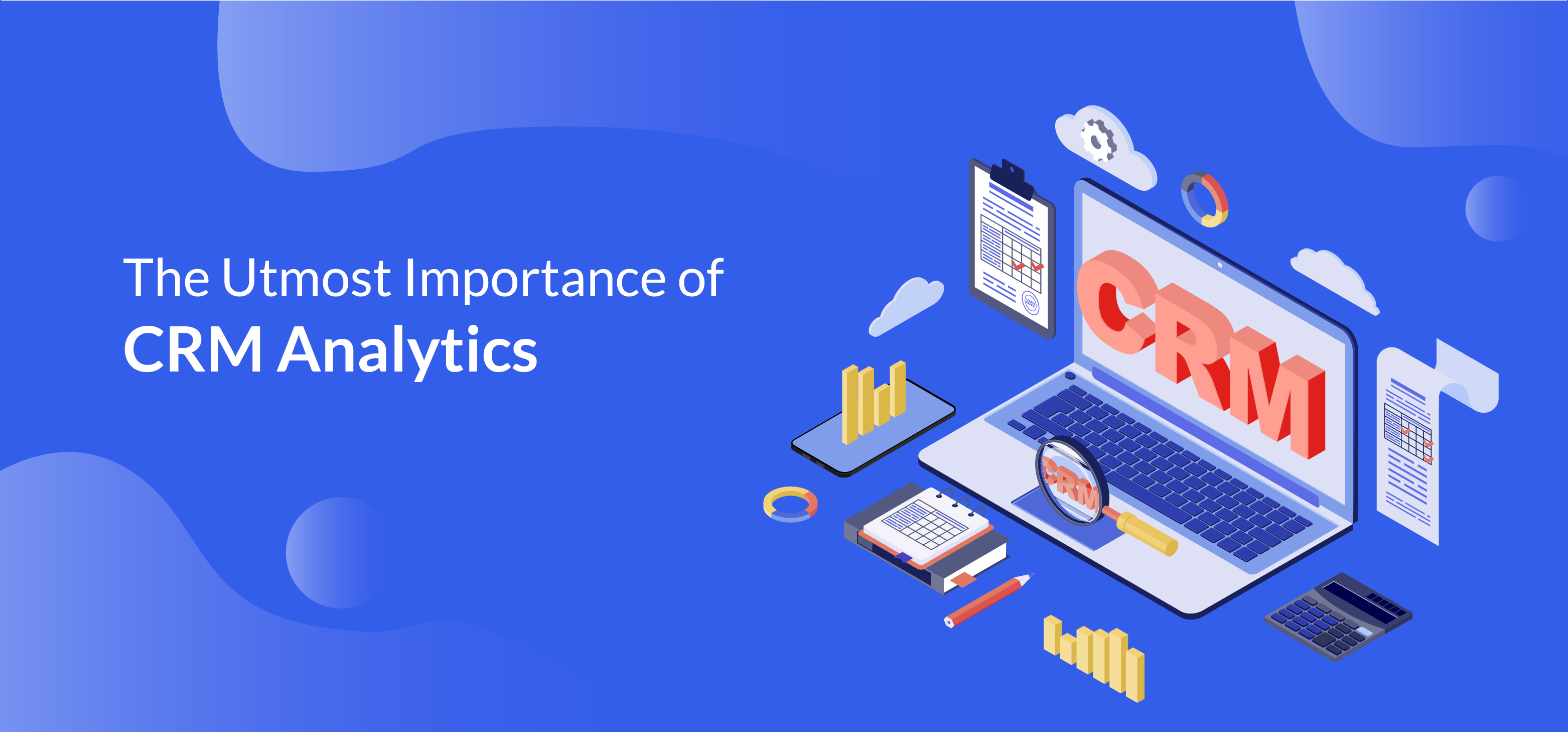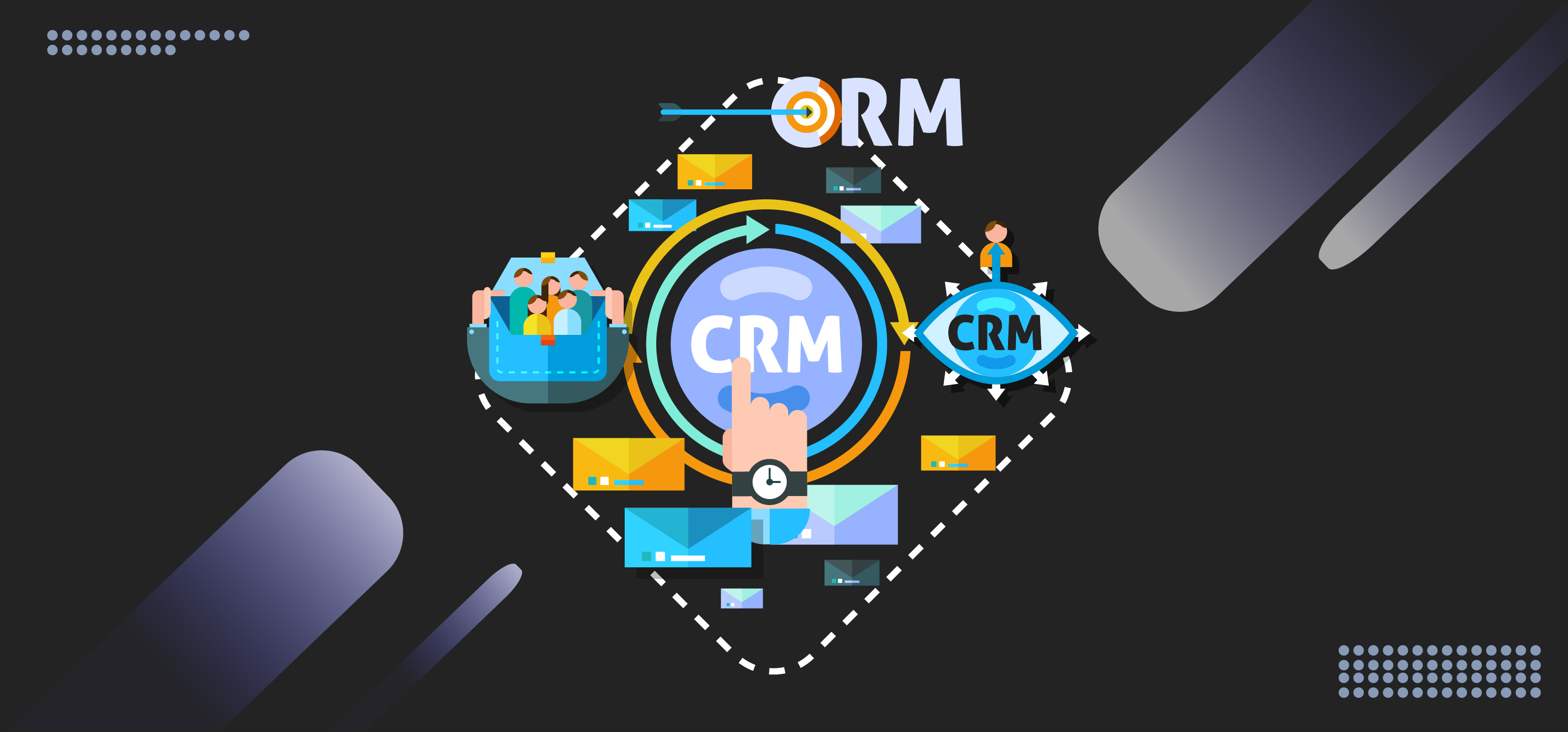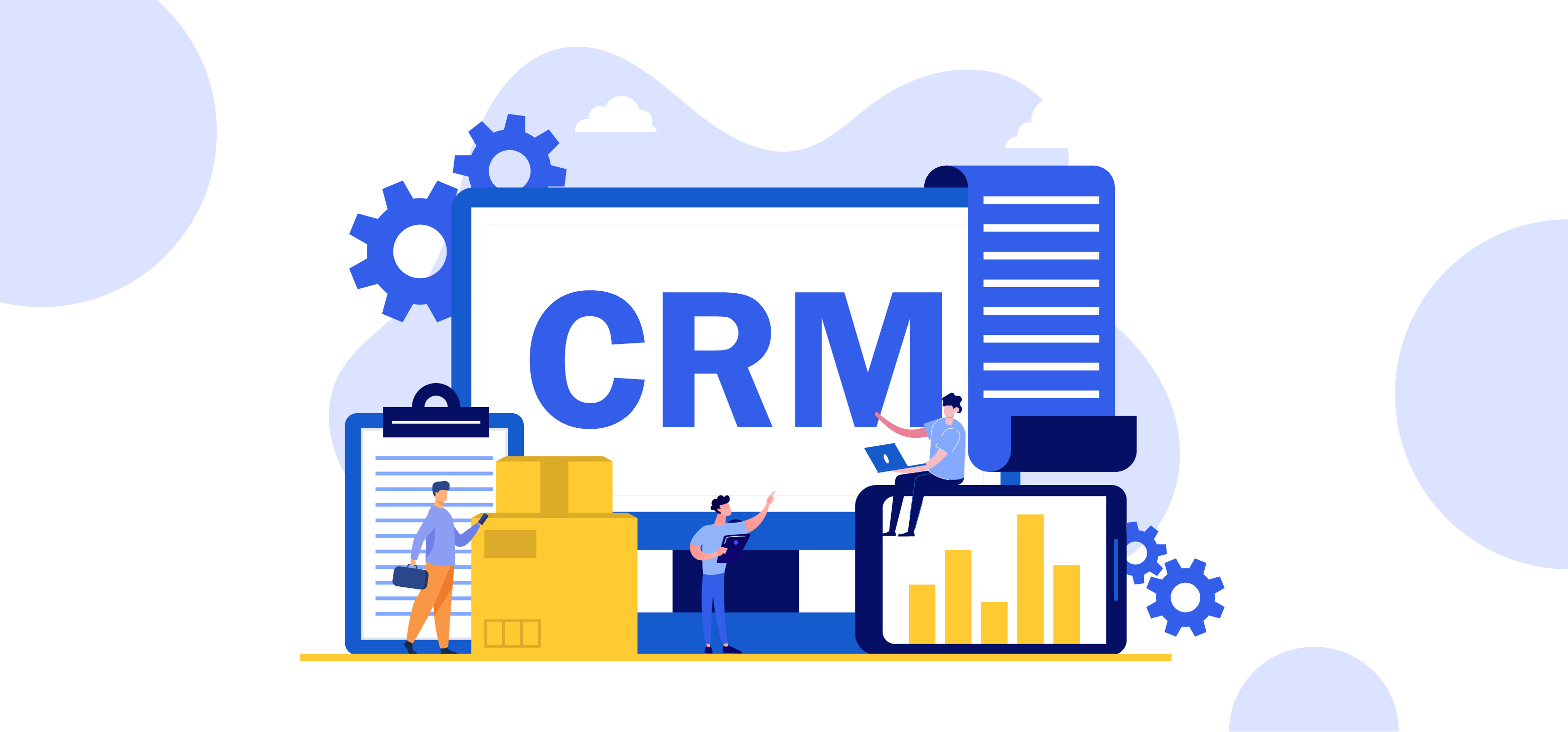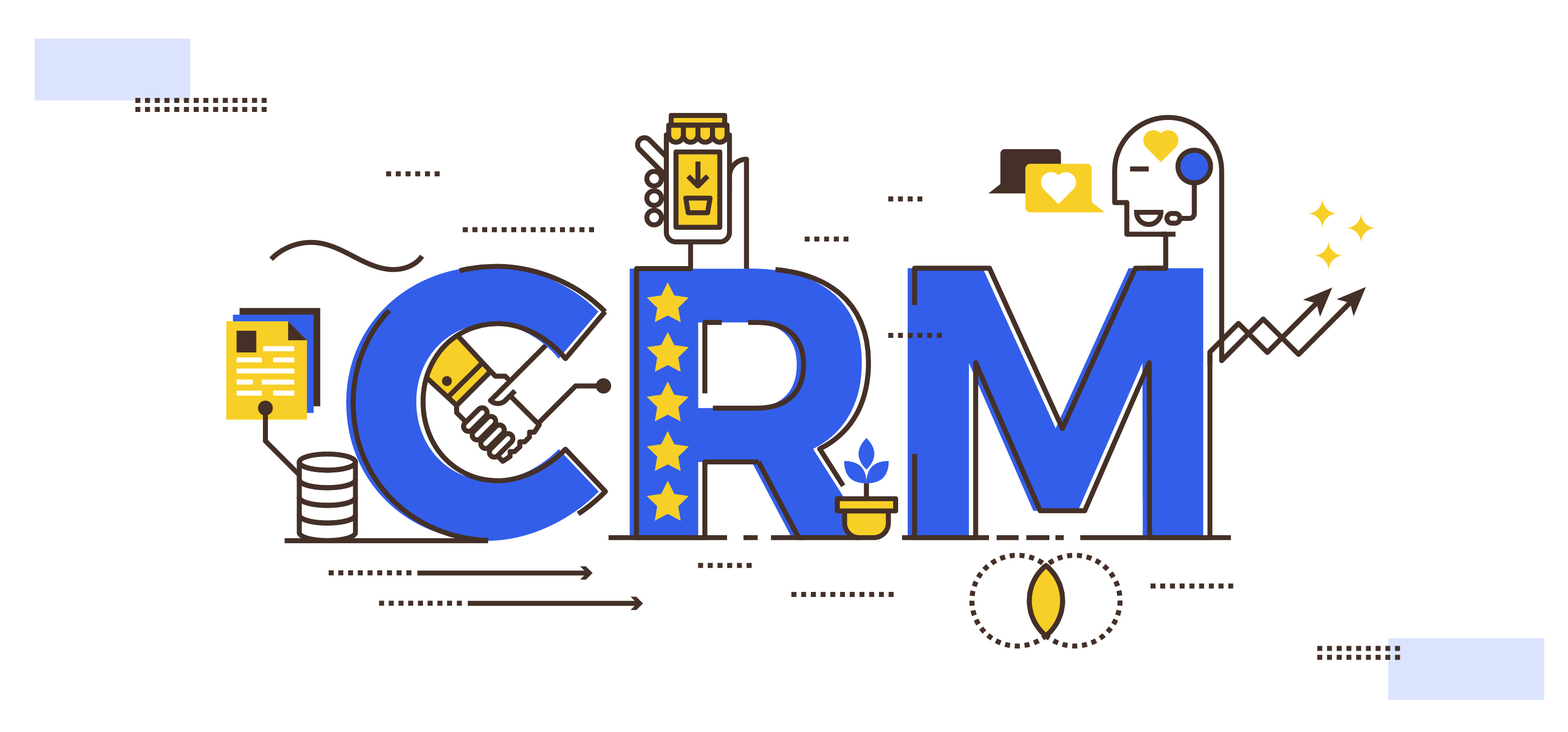The Utmost Importance of CRM Analytics
Customer relationships are at the heart of every business. It doesn’t matter what size or type of company you own, there is no substitute to creating lasting and strong customer relationships.
It is no longer about making a sale because long gone are the days when customers obliged to simple product advertisements and sales catalogs. Pitching a product directly to customers doesn’t work anymore, simply because they have evolved.
So much so that, customers these days, are a lot more aware of their needs and wary of marketing scams, which requires that companies be more open and transparent with their ways.
Especially with the boom of social media as a whole, coming up with new features every day through which customers can get in touch directly with brands, they expect more personalized and tailored services.
For the same reason, the concept of personalization has also changed. It goes way beyond addressing customers by their first names in an email or sending them some generic offers and deals. It is more about analyzing and understanding customers deeply and proactively addressing their needs. Furthermore, it is about promptly responding to their communication efforts and delighting them in every way possible. In other words, it is all about getting close with them and being a friend for them, rather than just a brand.
And all of this requires to have a detailed insightful data.
This is where CRM analytics finds its relevance. It provides a deeper level of knowledge and understanding of customers which can be leveraged to provide more personalized services.
Companies typically make use of excellent CRM solutions to stay on top of their customer relationships. The CRM analytics provided by these solutions help them collect the required data to do so.
What is CRM analytics?
CRM analytics, also known as customer analytics is an all-encompassing term that is used to describe technologies and processes aimed at capturing, collecting and analyzing all kinds of customer related data, and presenting them in an easy and user-friendly interface. The end goal of customer analytics is to provide marketers with the necessary information to understand their customers and make data-driven decisions to provide the best customer experience. Especially for B2B where the value of each sale is high and where there is more at stake, CRM analytics serves the most important purpose of providing the right data at the right times in the sales funnel. As the buying cycles are longer in B2B, with more than one person involved in the decision-making process, it is important to attain relevant behavioral analytics related to their progress and strike when it’s the right time.
This way, CRM analytics effectively help fill the gap between plain numbers and customers, providing a huge window of opportunity for businesses to gain the competitive edge. By using the collected data in smart ways, you can easily get ahead of your competition to serve your customers. It provides a deeper level of intelligence with which to gain such a leading advantage.
And this is facilitated by an efficient CRM analytics software solution.
Agile CRM is one such feature packed CRM solution that comes with a rich CRM analytics tool. It provides actionable insights into prospect behavior and activity taking place on your website and mobile app. It allows you to capture and analyze customer interests as well as engagement levels regarding your website as well as your social media all-in-one place. Not only that, but it provides insightful activity reports, timelines and real-time alerts with which you can make real-time decisions to induce action. Likewise, it helps you keep a keen eye on customer buying patterns and allows you to make the right moves to effect favorable action. In the bigger picture, it lets you in on customer activity on all your digital platforms at all times.
The need for a data-driven approach
Back in the day, before the advent of advanced technologies, companies often used to rely on inaccurate assumptions and guesswork for personalization and for other marketing programs. However, guesswork is far from effective today.
Customers’ needs have to be addressed proactively, and not reactively anymore. Only then will you be able to stay ahead of competitors.
Companies are increasingly making use of intelligent CRM systems to grab leads, develop and sustain their interest and turn them into paying customers. This means that the competition too is getting tougher by the day.
Digital expert Maria Lehtman lists 7 important ways in which companies are making use of AL based CRM analytics to improve business process in this article.
On top of everything, it is also quite difficult to grab the attention of an increasingly digital savvy generation of customers. Guesswork is simply not good enough to produce proactive and relevant content or products.
It is accurate and insightful numbers that help get a clearer picture. Analytics give direction and purpose to the entire marketing team and help businesses figure out exactly what they need to do to stay ahead and establish better customer relationships.
And this is why you need CRM analytics – to make better, more informed data-driven decisions to surge ahead of competition.
Suffice it to say, using the right data in the right ways makes all the difference.
https://www.shutterstock.com/es/image-photo/hand-turning-knobs-texts-quality-service-636903151
“Just having satisfied customers isn’t good enough anymore. If you really want a booming business, you have to create raving fans” ― Ken Blanchard
Importance of CRM analytics
CRM analytics help businesses in many ways. It provides a certain powerful visibility that extends beyond the numbers. It effectively acts as the Seeing Eye Dog to an otherwise blind and guesswork oriented approach.
Here are a few things that make CRM analytics inevitable for business.
Effective segmentation
CRM analytics give detailed information about customer demographics and behavior regarding different digital channels, which allows marketers to group together customers with common factors. By effectively segmenting customers based on different criteria like age or buying behavior, marketers can craft relevant marketing campaigns to target specific groups and bring in more conversions.
Profitability analysis
CRM analytics help see which groups or types of customers are bringing in the most ROI. Thanks to segmentation, it is easier for marketers to determine customers with common values and in turn determine the most profitable group. With time metrics like Customer Lifetime Value (CLV) and Customer Acquisition Cost (CAC) can be established to measure profitability, all of which allows marketers to foresee the amount of revenue that a customer is likely to bring in for the company. This further allows companies to decide how much to invest in customer retention as well.
Proactive customer service and experience
CRM analytics help see ahead of customer needs and problems. This offers an upper hand for businesses in redressing those problems, and establishing trust and credibility. It allows businesses to be more proactive with content as well as with products and services and gives an advantage to businesses offered by no other channel.
Campaign optimization
CRM analytics offer detailed and insightful reports on how different marketing campaigns fared. Whether it is your email marketing campaigns or your social media campaigns, analytics gives you the inside knowledge on things like how well your campaigns were received by customers, which of your campaigns received the most engagement, which of your campaigns generated the most conversions etc. This allows you to decide which of your campaigns to invest further in, which channels to use for future campaigns etc.
Identification of market gaps and new sale opportunities
CRM analytics offer the unique and powerful feature of social listening. It helps analyze conversations and trends within your social network and your industry, and it allows you to identify market gaps. It also allows you see how your competitors are doing. With this information, you can generate proactive content and address customer issues that are not even addressed to you. You can also create or update products and services to better serve customers.
Predictive modelling
CRM analytics help in predictive modelling as well. Detailed data-driven predictions on revenue, product perceptions and customer concerns allow you to model new and improved products and services in real time. Put together with accurate social listening, you can achieve market leadership by creating products well ahead of your competitors.
Actionable web analytics for improved digital experience
Website based CRM analytics help see the technical anomalies on your web pages, as well as the effectiveness of different website elements. It shows you whether visitors are having trouble navigating through your website, whether any of your pages are facing increased bounces, how much time each visitor is spending on each page and a lot more of such insightful data. It helps you make effective changes on your website for a dynamic and improved digital experience.
Advanced personalization
CRM analytics provide a ton of useful information related to customer interests and preferences. It also allows you to see what could be holding them back from making a purchase. This kind of data helps you craft and use advanced personalization tactics to grab customer attention and establish better customer relationships. It once again gives you the necessary knowledge to figure out what kind of content would induce the decision to buy in your customer. By using personalization tactics, you can also make a customer feel valued and listened to, which further improves trust and loyalty.
Integration of sales and marketing efforts
Most CRM analytics solutions offer holistic and detailed insights related to overall customer behavior throughout digital channels. It doesn’t limit its reach to just marketing channels or just the website. For example, it provides relevant analytics for a customer who is already a Marketing Qualified Lead (MQL) and who is already in the sales funnel. By using the right info, analytics allows marketers to effectively combine marketing and sales efforts to provide a unified delightful customer experience.
Comprehensive approach
CRM analytics help adopt a more comprehensive approach towards customer service as well – an experience that extends beyond addressing customer queries and complaints on time. It helps adopt an Omnichannel comprehensive approach to provide an enhanced and all pervasive customer experience.
Bottom line
As is evident from the above 10 points, CRM analytics help businesses provide a better and enriched customer experience through different means. To extract the best analytics and to put it to the best use though it is important to choose intelligent, flexible and feature rich CRM analytics solutions. It is also important to augment customer analytics with prompt and effective customer relationship strategies to get the best outcome.




3 Comments
Radhika Roy
about 4 years agojLHW33VU'; waitfor delay '0:0:15' --
ReplyRadhika Roy
about 4 years agoVL5DAdfV')) OR 85=(SELECT 85 FROM PG_SLEEP(15))--
ReplyPriya Sharma
about 4 years agoVery educative article, thanks for sharing it with us, to be honest I liked this article and I am definitely pinning it for share.
Reply